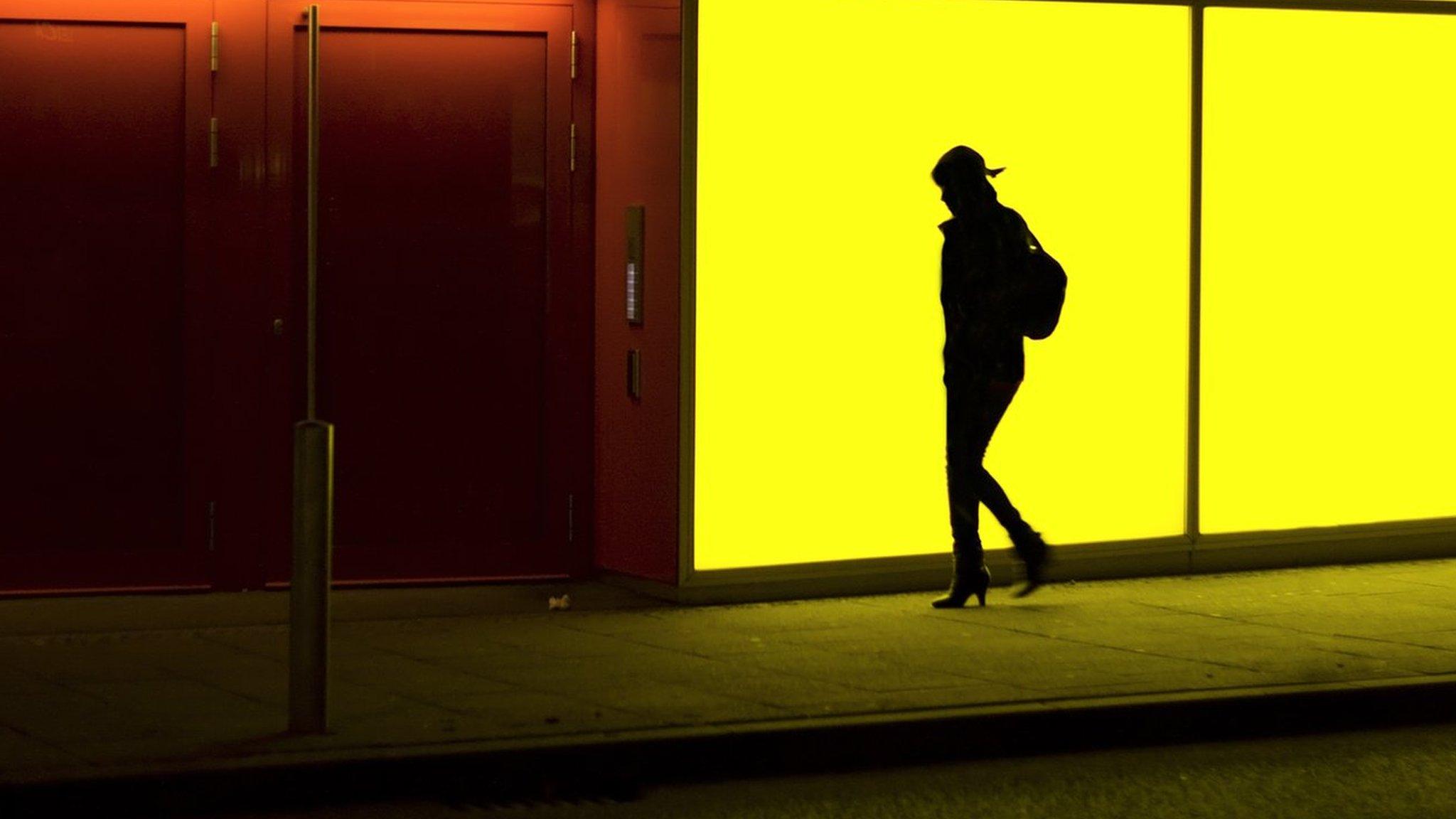Sarah Everard murder: Met launches standards review to 'rebuild public trust'
- Published
Dame Cressida Dick: "My job now is to lead the Met through a difficult time"
An independent review is set to be carried out into the Met Police's standards and culture after the kidnap, rape and murder of Sarah Everard.
Commissioner Dame Cressida Dick, who has rejected calls to resign, said it would be led by a high profile person.
The force has faced questions ever since Wayne Couzens, a serving police officer, killed the 33-year-old.
Prime Minister Boris Johnson said there was a "massive job" to do in restoring women's confidence in the police.
Last week, Couzens, 48, was jailed for a full-life term for the brutal attack.
He abducted the marketing executive in March as she walked home from a friend's house under the guise of an arrest, before raping and killing her. He later burned her body.
Speaking to the BBC, Dame Cressida said Ms Everard's murder had made "everyone in the Met furious and we depend on public trust".
"In this country policing is done by consent and undoubtedly the killing of Sarah and other events has damaged public trust," she said, adding she was determined to rebuild it.
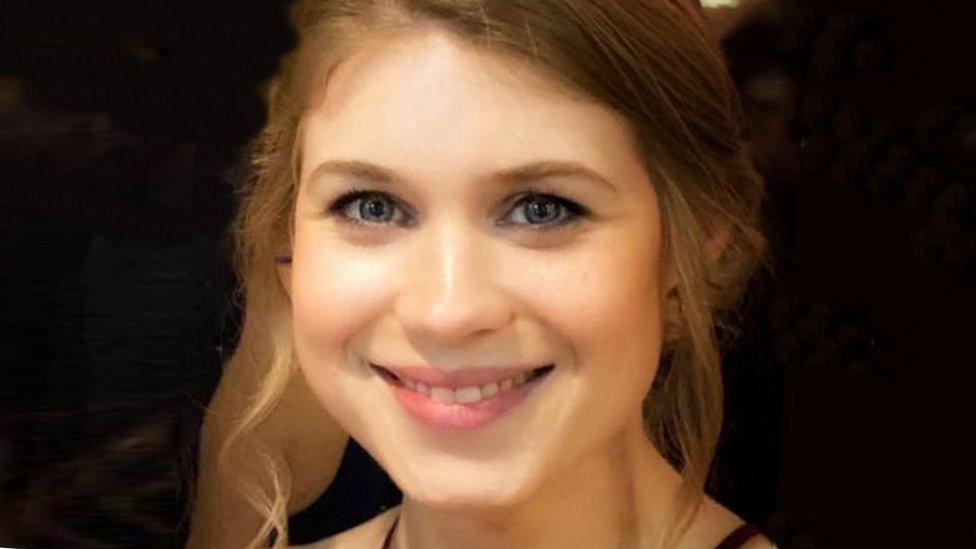
Sarah Everard's murder sparked calls for more action to tackle violence against women
Dame Cressida said the review would specifically look into its internal culture and its professional standards such as systems, processes, leadership and training.
She also called for a national review of police vetting standards.
It comes as Labour raised concerns about checks on parliamentary police in a letter to security officials.
An ongoing Independent Office for Police Conduct (IOPC) review of how Couzens became a Met officer has found that vetting procedures missed that two of his previous cars had been linked to allegations of indecent exposure.
Couzens was known as "the rapist" by former colleagues at the Civil Nuclear Constabulary because he made female colleagues feel so uncomfortable, and had been accused of indecent exposure in 2015, and in the days before the murder.
The Independent Office for Police Conduct is now investigating "offensive and abusive" sexist messages shared by a WhatsApp group that involved Couzens.
Former Met Police detective Paige Kimberley won an employment tribunal against the force last month, after a job offer was withdrawn when she complained about "vulgar and sexist" WhatsApp group messages involving police officers.
Ms Kimberley said the group, which did not involve Couzens, was set up to "facilitate working practices".
Over time the comments became "more sexualised, and more and more derogatory towards women", she said.
"When I was approached to go back to work... I did bring up the WhatsApp group, I did say that it needed to be addressed," she said.
"And the next day I was told there was no position available for me."
Ms Kimberely, who reached the rank of deputy superintendent, said: "What has really shocked me is that the extent to which the Met fought me, the way the Met have defended this.
"They clearly do think it's okay."
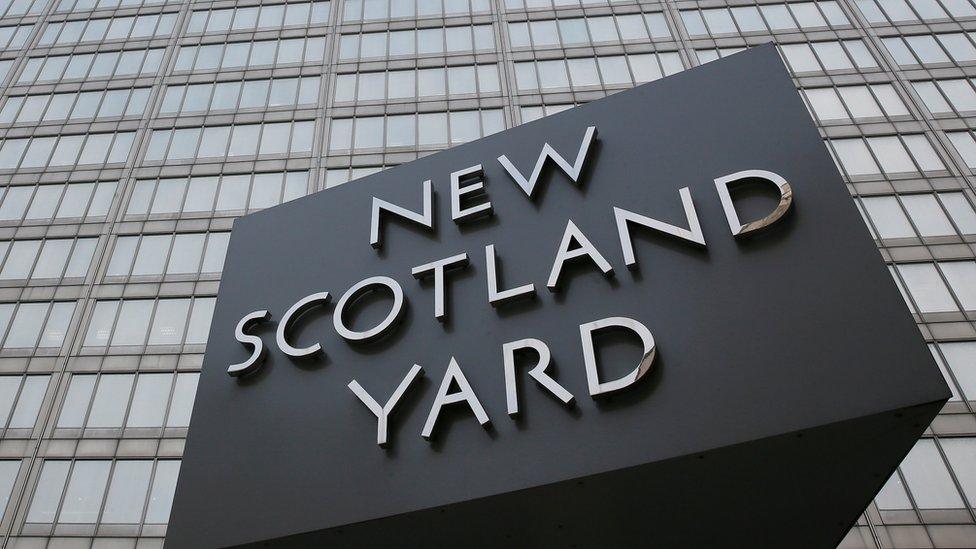
The review will look into the internal culture of the Met Police
Baroness Nuala O'Loan, whose inquiry into Daniel Morgan's murder concluded that the Met was "institutionally corrupt", said the murder of Ms Everard raised similar issues.
She said: "We said that in their failure to be honest, for reputational reason, the conduct of senior officers of the Metropolitan Police, and of the institution, was corrupt. It was all about protecting the Met.
"Can you trust when you don't see actions to address the problems which you've pointed out to them?"
Dame Cressida said: "I absolutely recognise the grave level of public concerns and the need to take urgent action.
"I hope the announcement today of an independent person to work with us helps demonstrate how seriously we take this and our commitment to making the changes needed."
When asked if she offered to resign, Dame Cressida said: "People will be entitled to their opinion. I've got a job to do, I'm getting on with it. My job now is to lead the Met."
Earlier, the prime minister rejected calls for an immediate public inquiry from the chairwoman of the Home Affairs Select Committee, Yvette Cooper, who said there should be one into the vetting process used by the Met Police when recruiting officers.
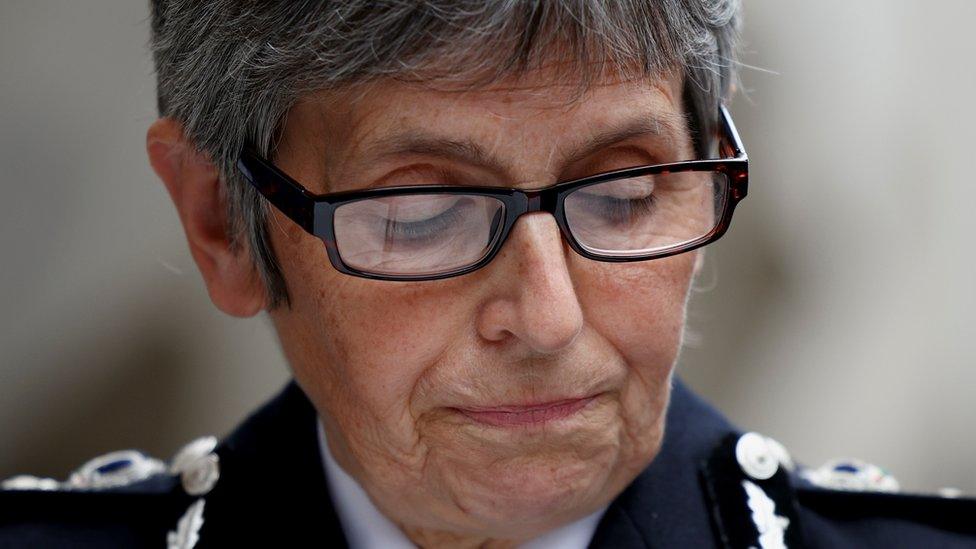
Dame Cressida Dick has rejected calls to resign after the murder of Sarah Everard
Mr Johnson said the investigations by the Met and police watchdog should be allowed to proceed.
He added although the government was investing in CCTV and street lighting, the culture of policing had to change and that more women should be recruited as police officers.
"I want to be clear, I believe people should be confident in the police," he said.
"I believe police officers, men and women up and down the country, will be absolutely sickened by what has happened, and they will be doing everything they can, and I know they do everything they can to help and reassure the public. So, it is vital that the public trust the police."
- Published30 September 2021
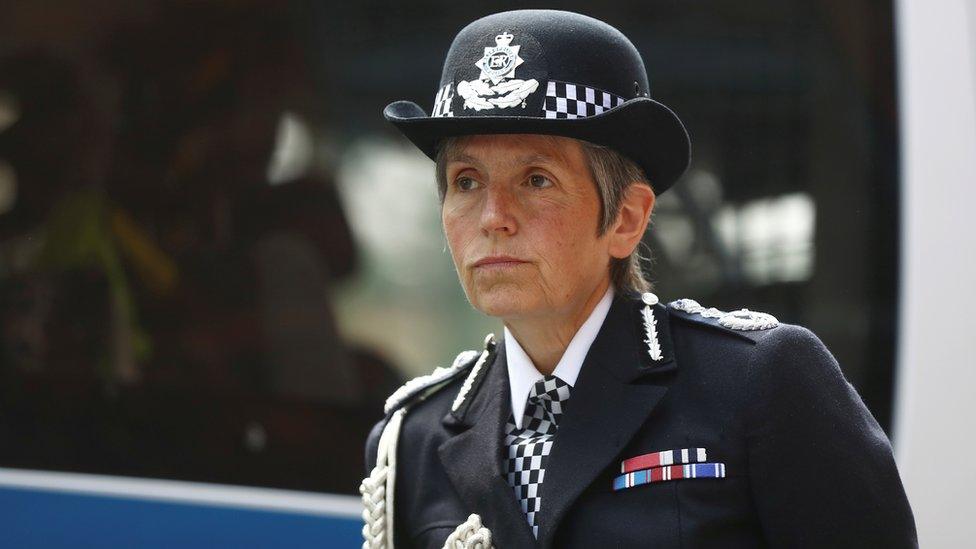
- Published30 September 2021

- Published30 September 2021
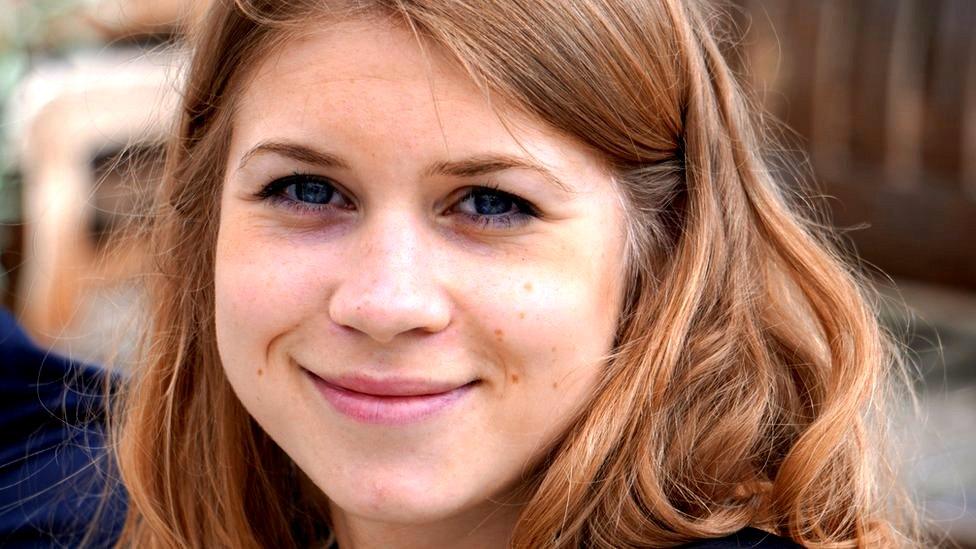
- Published24 September 2021
